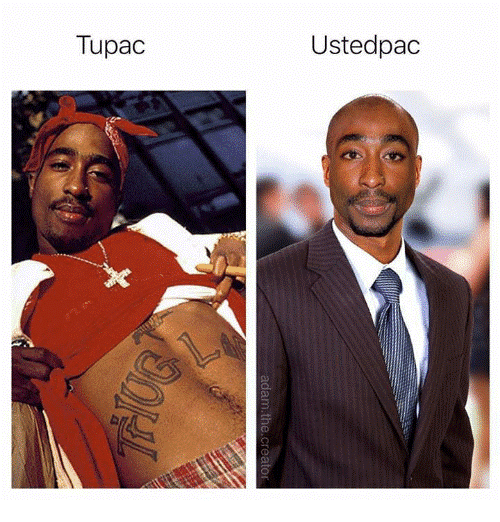3.1 Los Saludos y ¿Usted o Tú?: Forms of Address

Vocabulary
Listen to the pronunciation of the vocabulary listed below.
| AUDIO | ESPAÑOL | ENGLISH |
|---|---|---|
| Saludos | Greetings | |
| Buenos días | Good morning | |
| Buenas tardes | Good afternoon | |
| Buenas noches | Goodnight | |
| ¡Hola! | Hi (informal) | |
| ¿Cómo se llama (usted)? | What’s your name? (formal) | |
| ¿Cómo te llamas (tú)? | What’s your name? (informal) | |
| Yo me llamo… | My name is… | |
| Encantado(a) | It’s a pleasure | |
| Mucho gusto | It’s a pleasure | |
| Igualmente | Likewise | |
| ¿Cómo está (usted)? | How are you? (formal) | |
| ¿Cómo estás (tú)? | How are you? (informal) | |
| ¿Qué tal? | What’s up? (informal) | |
| (Muy) bien, gracias. | (Very) well, thank you | |
| (Muy) mal. | (Very) badly | |
| Más o menos. | So so. | |
| ¿Y usted? | And you? (formal) | |
| ¿Y tú? | And you? (informal) | |
| Adiós | Goodbye | |
| Buenas noches | Goodnight | |
| Chau | Bye (informal) | |
| Hasta luego | See you later | |
| Hasta mañana | See you tomorrow | |
| Hasta pronto | See you soon |
¿Usted o Tú?: Forms of Address
In general, tú is used with friends, family, and children. Usted is used to express politeness, formality, and social distance.

Para pensar
Linguistic differences can teach us a great deal about cultural differences. Do you think it is significant that Spanish-speaking cultures have two different words for “you,” while English-speaking cultures do not, or do you think it’s just a coincidence? How does English distinguish formal from informal relationships?
This section includes content derived from Introduction to French (2nd ed.), originally released under CC BY-NC-SA 4.0, Liberté, originally released under CC BY-NC-SA, and Francais Interactif, originally released under CC BY 3.0.

